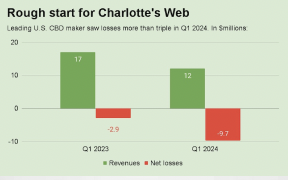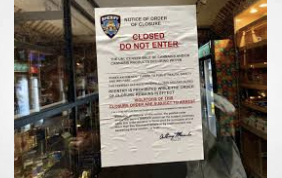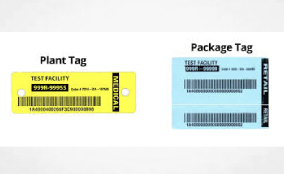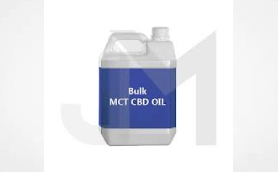“Time and again, they shared with me their enthusiasm for hemp’s potential to reenergize agricultural communities and provide a new spark to the U.S. economy,” McConnell said on the Senate floor. “This bill will help make that potential a reality.”
Jonathan Miller writes for the hemp roundtable
Senate Majority Leader Mitch McConnell (R-KY) took to the Senate floor just a few minutes ago to introduce the Hemp Farming Act of 2018, which would permanently legalize hemp, removing it from the purview of the Controlled Substances Act and establishing it as an agricultural commodity. He was joined by Senator Ron Wyden (D-OR) in a proud display of bipartisanship that is too rare these days in Washington.
As soon as we have the final bill language, we will distribute it to you with our commentary. And please be ready to join us for an all-hands-on-deck effort to encourage your own U.S. Senators to get on board and co-sponsor this important legislation.
Best, Jonathan Miller General Counsel
Watch on CSpan https://www.c-span.org/video/?c4723250/mcconnell-hemp-bill
Hemp Industry Daily ( Part of MJ Biz) reports
Forbes Analysis:
https://www.forbes.com/sites/tomangell/2018/04/12/heres-mitch-mcconnells-new-hemp-legalization-bill/
Here are the takeaways (Source: Hemp Industry Daily)
Among other things, the bill would:
- Define hemp as cannabis sativa at or below 0.3% THC.
- Remove hemp from the Controlled Substances Act.
- Allow hemp production in all states – even those that have not yet acted to allow it.
- Allow hemp production on Indian tribal land and in Puerto Rico.
- Require states that want to have primary oversight of their hemp industries to submit plans to the U.S. Department of Agriculture for how they would monitor the crop, including testing plans for THC content.
- Protect hemp farmers from criminal prosecution for growing hemp with elevated THC content.
- Say that hemp farmers producing “hot” hemp, or hemp with too much THC, could lose their licenses to grow hemp for five years if they “negligently” grow hemp with too much THC for three years out of five.
- Require states to refer hemp farmers to law enforcement if agriculture regulators determine that a farmer’s hemp contains too much THC not through negligence, but “with a culpable mental state.”
- Require the USDA to study “the economic viability of the domestic production and sale of industrial hemp.”
Bill As Presented Yesterday
McConnell-Wyden-HempFarmingAct2018-FINAL2018 Farm Bill Legislative Principles
2018-farm-bill-and-legislative-principles
Finally…..
Vote Hemp’s detailed press release on the introduction of the legislation.
|
|||
|

















